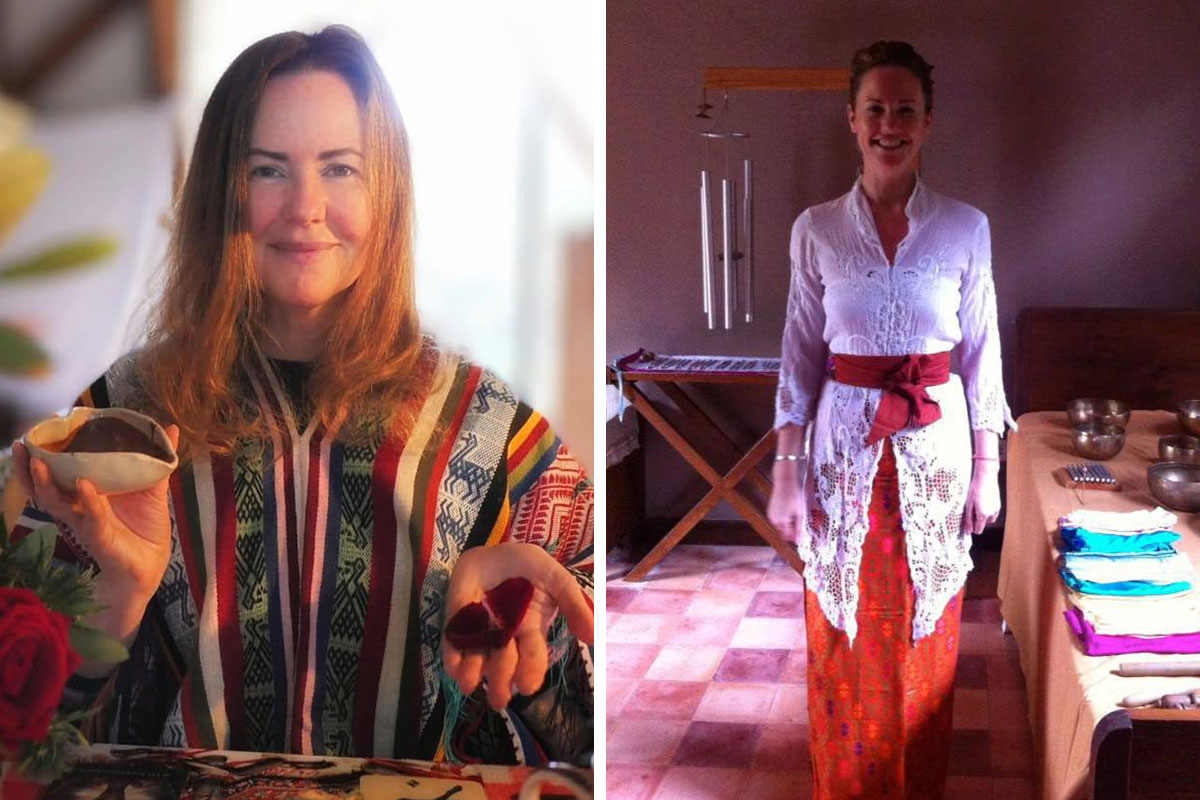
“I Celebrate Mother Earth”: Witches Get Ready For Summer Solstice, The Longest Day Of The Year
InterviewOn Friday (June 21), people located in the Northern Hemisphere will witness the sun at its furthest point from the equator, making it the longest day of the year. While Scandinavians will brace themselves for Midsummer’s Day celebrations, witches, pagans, and spiritual people alike will mark the beginning of summer in their own little magic ways.
- On June 21, Northern Hemisphere witnesses the sun at its furthest point from the equator, known as the Summer Solstice.
- Witches, pagans, and spiritual people marked the event through traditions dating back to European Neolithic cultures.
- Summer Solstice, also known as Lithia or Midsummer, involves celebrations with bonfires, rituals, and water games.
Celtic Pagan Giada Del Drago, whose birthday happens to fall on the Summer Solstice, has been celebrating the event since teenagehood when she initially became interested in new-age spiritualism.
Cassandra “Cassie” Brooks, a Pagan witch, has been marking the folkloric observation since transitioning from Christianity to having spiritual beliefs.
Both women have observed the tradition dating back to Northern and Central European Neolithic cultures.
On Friday (June 21), witches, pagans, and spiritual people alike in the Northern Hemisphere will celebrate the Summer Solstice
Image credits: Giada Del Drago
Moreover, the Summer Solstice may have been related to the timings of crop cycles, the National Trust explains.
It was typically marked by Celtic, Slavic, and Germanic people by lighting bonfires intended to boost the sun’s strength for the remainder of the crop season and ensure a healthy harvest.
Not much has changed since, as people who still celebrate the Summer Solstice typically use the element of fire to mark the atmospheric change.
“For me, the Summer Solstice is also known as Lithia or Midsummer,” Cassie told Bored Panda in an email.
Image credits: Giada Del Drago
As a Pagan witch, the 40-year-old author from Memphis, Tennessee, USA, places an emphasis on the cycles of nature.
As a result, Cassie celebrates the full moon and new moon each month, as well as the Sabbats found on the Wheel of the Year.
The Wheel of the Year is a modern conceptualization of cyclical seasonal celebrations that follow the ebb and flow of darkness and light over the course of a year, according to Sea Witch Botanicals.
The wheel contains eight holidays, or Sabbats, altogether: four solar festivals (the equinoxes and solstices) and four fire festivals (each Celtic in origin, marking the halfway point between solstice and equinox).
Celtic Pagan Giada Del Drago has been celebrating the event since teenagehood
Image credits: Giada Del Drago
The first Sabbat is one that you might recognize (especially if you’re a Potterhead) — Yule, or the winter solstice, which marks the longest night of the year and occurs annually sometime between the 20th and 22nd of December.
“I will celebrate with other Pagans in my community with a bonfire and picnic in the outdoors, as well as a community ritual,” Cassie explained. “We will have many water games and the telling of the story of the Holly King vs the Oak King.”
In many Celtic-based traditions of neopaganism, there is an enduring legend of the battle between the Oak King and the Holly King, Learn Religions notes. These two mighty rulers fight for supremacy as the Wheel of the Year turns each season.
At the winter solstice, or Yule, the Oak King conquers the Holly King and then reigns until Midsummer or Litha.
Image credits: Cassandra “Cassie” Brooks
Once the Summer Solstice arrives, the Holly King returns to do battle with the old king and defeats him.
According to Learn Religions, the Oak King is at his strongest during Midsummer, or Litha, and the Holly King is dominant during Yule.
Giada, who was born in Ireland and raised in Canada, revealed that celebrating the Summer Solstice is accessible to anyone.
The filmmaker, who also works as a healer, occasionally designs rituals for her workshops and retreats as a way to celebrate and initiate the event.
Cassandra “Cassie” Brooks, a Pagan witch, has been marking the folkloric observation since transitioning from Christianity
Image credits: Cassandra “Cassie” Brooks
Moreover, for those who would like to observe the solstice without knowing where to start, Giada recommended doing something “as simple as waking up early and watching the sunrise on the first official day of summer” or “sitting still with the sunset and giving thanks for all that is beautiful and good in your life.”
The wellbeing consultant suggested: “I would say switching off the phone ringtone and going for a walk, collecting some flowers and weaving them into a crown to wear or putting them into a vase is a great way to come into presence and celebrate nature.”
“Pagan festivals are a special adventure all their own,” Cassie told Bored Panda, recounting the first time she attended one of these festivals — Beltane.
Beltane is a Pagan holiday and also one of the eight Sabbats. It falls about halfway between the spring equinox (Ostara) and Litha, as per a blog posted on Boston Public Library.
Image credits: Cassandra “Cassie” Brooks
The holiday celebrates spring at its peak and the coming summer. Beltane also sometimes goes by the name May Day.
“There really is something to be said about becoming lost in the woods and separate from the world around you,” the mom-of-one admitted.
In addition to being a Celtic Pagan, Giada also identifies as an “earthy person” — someone who feels safe, grounded, and guided by nature.
“I celebrate Mother Earth and the changing of the seasons in a neo-pagan way,” the Kind Spirit Media and Sage & Strong Experiences founder told Bored Panda.
The Summer Solstice dates back to Northern and Central European Neolithic cultures
Image credits: Giada Del Drago
Neo-paganism, a practice she discovered when she was 18 years old when making a documentary while studying in London, UK, that explored religions, resonated with Giada.
“[Neo-paganism] embraces oneness and celebrates the many different cultural rituals, gods, goddesses, saints and deities,” she said.
Similarly to Cassie, Giada was raised in Christianity in a Catholic community that disapproved of alternative spiritualism.
“My Catholic upbringing taught me how to pray and connect to God; however, I continued to explore theology and found the most tangible connection to a universal, eternal energy when I [was] looking into my children’s faces or when I [was] in nature,” the Reiki expert confessed.
Image credits: Giada Del Drago
Plainly connecting with nature is a concept both women seemed to appreciate, as Cassie highlighted the fact that there wasn’t a wrong way to celebrate or acknowledge the Summer Solstice.
The author, who has published two children’s picture books (Sticks and Stones and I See the Moon and the Moon Sees Me), advised beginners and experienced Pagans alike: “You can easily take a walk out in nature [or] do yoga at sunrise or sunset.
“You might try meditation or visualization to set intentions for new beginnings or growth.
“There’s always my favorite of roasting marshmallows and making smores with my son.”
People who still celebrate the Summer Solstice typically use the element of fire to mark the atmospheric change
Image credits: Cassandra “Cassie” Brooks
Although people celebrating these ancient holidays have long since abandoned dark rituals, such as human sacrifices and, yes, orgies, misconceptions about them persist.
“I suppose some people are spooked out by things they cannot see or understand,” Giada told Bored Panda. “I have heard alternative spirituality being described as wacky, woo-woo, hippie, or totally out there. To each their own.”
The yogi continued: “Witches and magic have often been understood as dark or dangerous, but that is the yang to the yin of all that can be good, healing, and light.”
Cassie’s experiences resonated with Giada’s views, as she affirmed that people with similar beliefs to hers were far from diabolical.
Image credits: Cassandra “Cassie” Brooks
“We are not evil and do not worship the devil,” Cassie said. “Most of us do not even believe in one.”
Nevertheless, some stereotypes associated with witches and paganism are not entirely disconnected from reality.
“I do belong to a coven,” Cassie said. “I will celebrate [the Summer Solstice] with them, as well as with the Pagan community.”
In Wicca and other similar forms of modern Neopagan witchcraft, a coven is a gathering or community of witches, a group of believers who gather together for ceremonies of worship, such as celebrating the Sabbats, a witchcraft blog states.
“For me, the Summer Solstice is also known as Lithia or Midsummer,” Cassie told Bored Panda
Image credits: Cassandra “Cassie” Brooks
Image credits: Cassandra “Cassie” Brooks
The number of witches in a coven may vary, and any meeting of three or more can be considered a coven, the blog adds.
“Not all Witches belong to a coven,” Cassie clarified. “Many [witches] are solitary or just practice loosely with others.”
Moreover, it’s natural to associate the words “witch” or “pagan” with one particular mystical concept — magic. As it turns out, that, too, isn’t just a stereotype.
Giada’s magic is her ability to “heal” using reiki, crystals, breathwork, flower essences, and sound healing.
Lithia is one of the eight Sabbats in the Wheel of the Year, a modern conceptualization of cyclical seasonal celebrations
Image credits: Giada Del Drago
Image credits: Giada Del Drago
“The magic I work with is mostly in manifesting,” she explained. “It is a form of magic [that] everyone can do by setting heartfelt intentions and visualizing ideal situations they would like to create or attract into their lives.”
The mom-of-two added: “I believe in karma and whatever one does, good or bad, will return to them threefold; therefore, any ‘magic’ I do is with the intention of healing myself and others.”
Cassie, who studied witchcraft at a Pagan Church and a local coven simultaneously, is currently taking “steps” to earn the ability to make magic.
“A lot of times, I create specific lists, like what I wanted in a house,” she told Bored Panda. “I was as specific as possible.”
Giada suggested “sitting with the sunset and giving thanks for all that is good in your life” for Summer Solstice first-timers
Image credits: Giada Del Drago
Image credits: Cassandra “Cassie” Brooks
She explained: “I created a spell jar with different herbs and symbols that reflected what I wanted and sealed this list with candle wax.
“The ‘spell’ was very similar to a prayer, and I set the jar where I could see it each day and focused on it until what I wanted came to pass.
“That didn’t mean I didn’t take action, too — I looked for houses.
“It took me a little while to find it, but I did, and I closed on it in 10 days.
“Some might say that’s luck.
“To me, that was intention setting and manifestation. It was magic and mindsets, and I found what I wanted.”
“Pagan festivals are a special adventure all their own,” Cassie told Bored Panda
Image credits: Cassandra “Cassie” Brooks
Image credits: Cassandra “Cassie” Brooks
Despite feeling the excitement ahead of celebrating Lithia, Cassie holds a special place in her heart for another sabbat.
“I think my favorite Pagan celebration is Mabon,” the author, who also advocates for LGBTQIA+ rights, admitted. “It celebrates the Autumn equinox and the start of Fall. It’s also the 2nd of 3 harvest festivals and is known as the Pagan Thanksgiving.”
Mabon is celebrated just before another pagan festival from the Wheel of the Year — mostly known as Halloween: Samhain.
For Giada, however, Lithia, or the Summer Solstice, remains her favorite pagan holiday, which has a bigger sentimental meaning than just her birthday.
“It’s also my wedding anniversary,” she revealed.
“So now it’s just going to get darker,” a reader commented
Poll Question
Do you celebrate Pagan holidays?
Yes
No
We celebrate it with bonfire night or Bonna as we know it! There are some great family events on the night though it's sometimes marred with antisocial behaviour. Oddly though we don't celebrate it on the solstice itself but on the 23rd instead.
I love the summer solstice, though I know the celebration as Līgo! Haven’t really had a chance to celebrate it consistently, might not get a chance to this year either, but I do fondly remember making flower crowns, hot fires, adults doing barbecues and one family friend’s cream puffs.
We celebrate it with bonfire night or Bonna as we know it! There are some great family events on the night though it's sometimes marred with antisocial behaviour. Oddly though we don't celebrate it on the solstice itself but on the 23rd instead.
I love the summer solstice, though I know the celebration as Līgo! Haven’t really had a chance to celebrate it consistently, might not get a chance to this year either, but I do fondly remember making flower crowns, hot fires, adults doing barbecues and one family friend’s cream puffs.

 Dark Mode
Dark Mode 

 No fees, cancel anytime
No fees, cancel anytime 



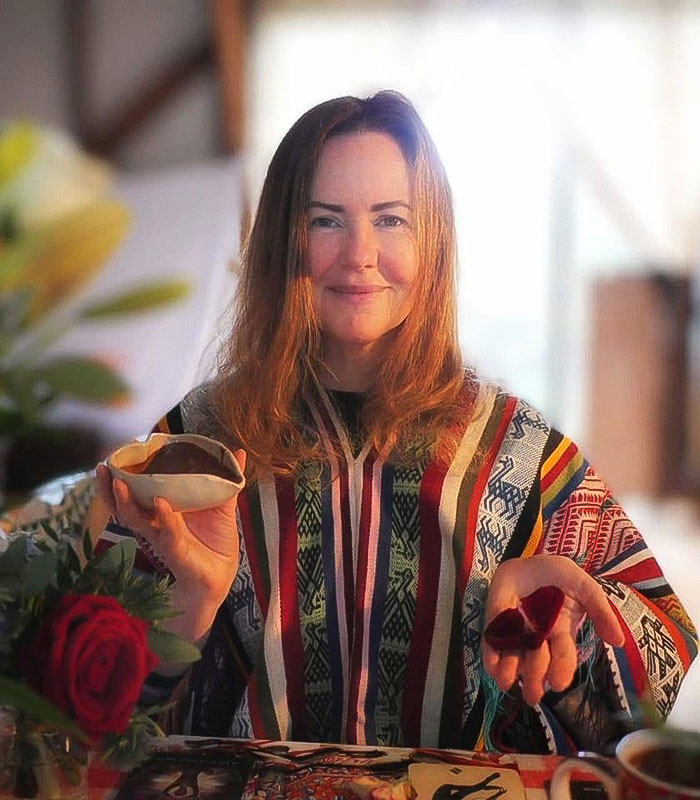
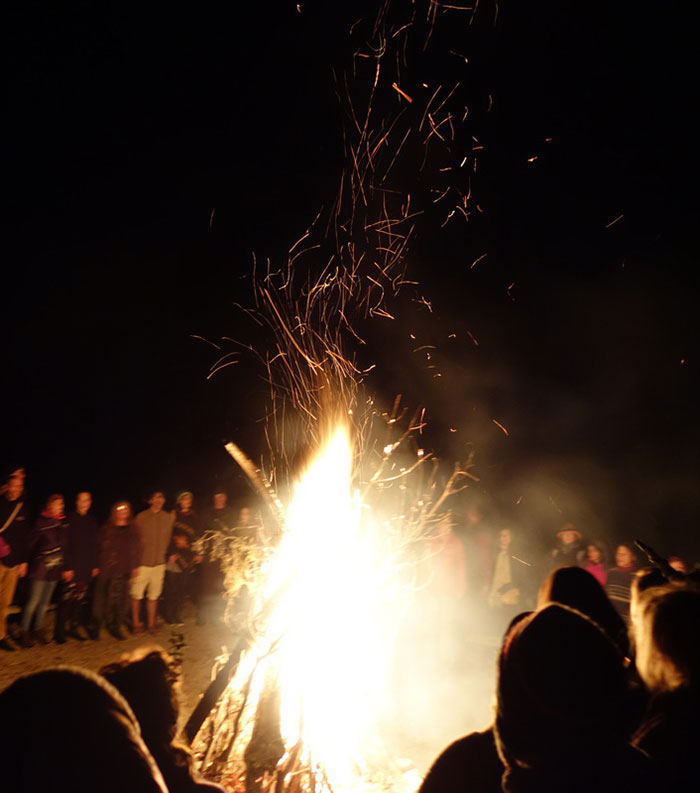
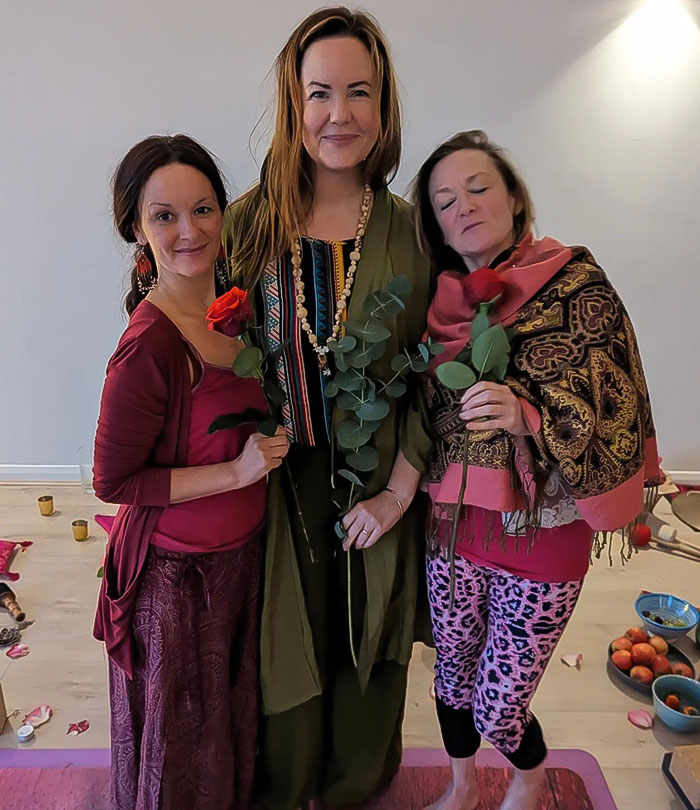

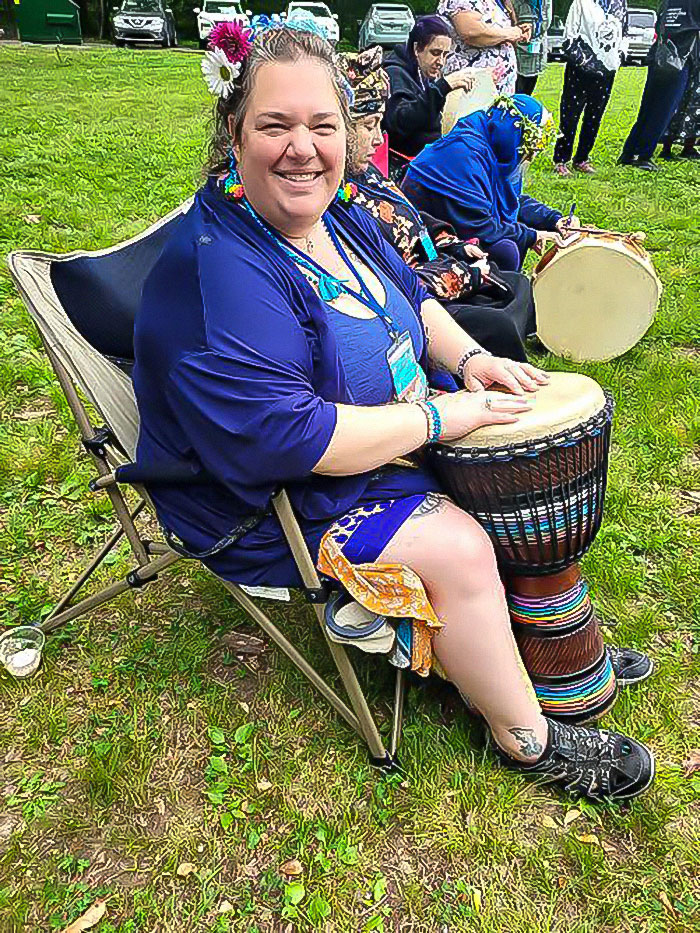
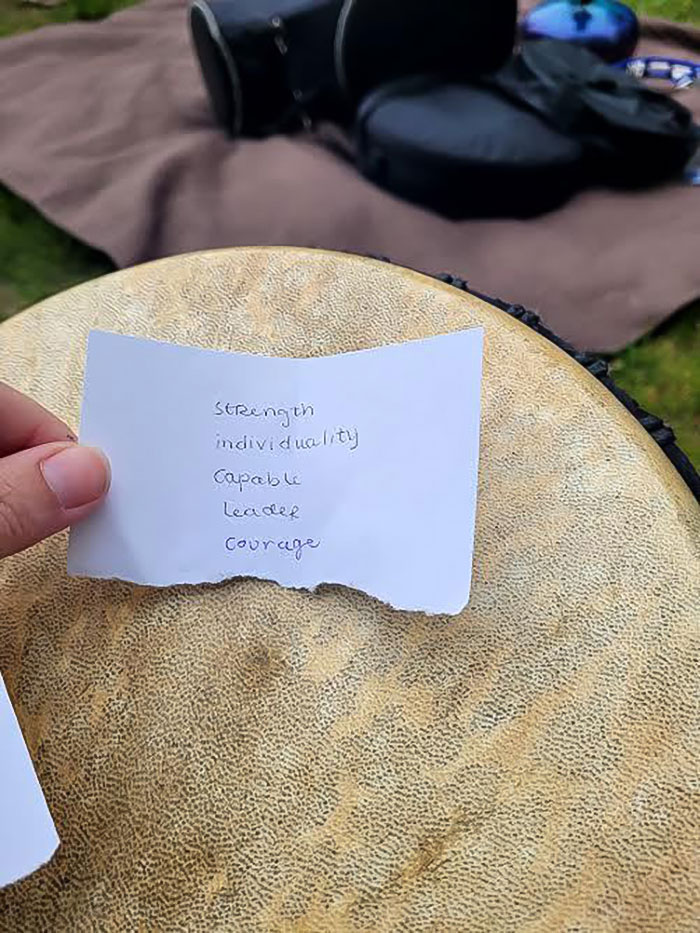
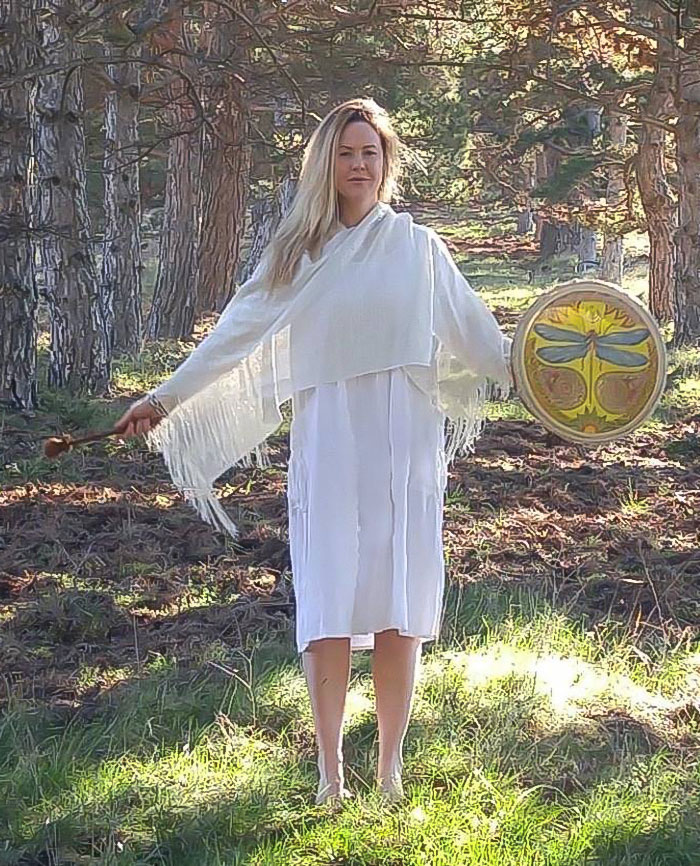
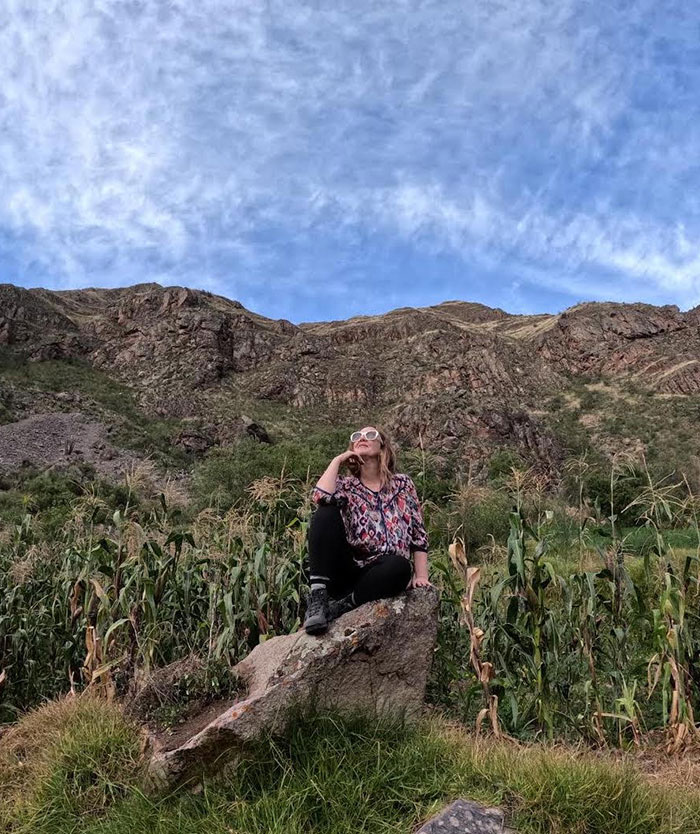
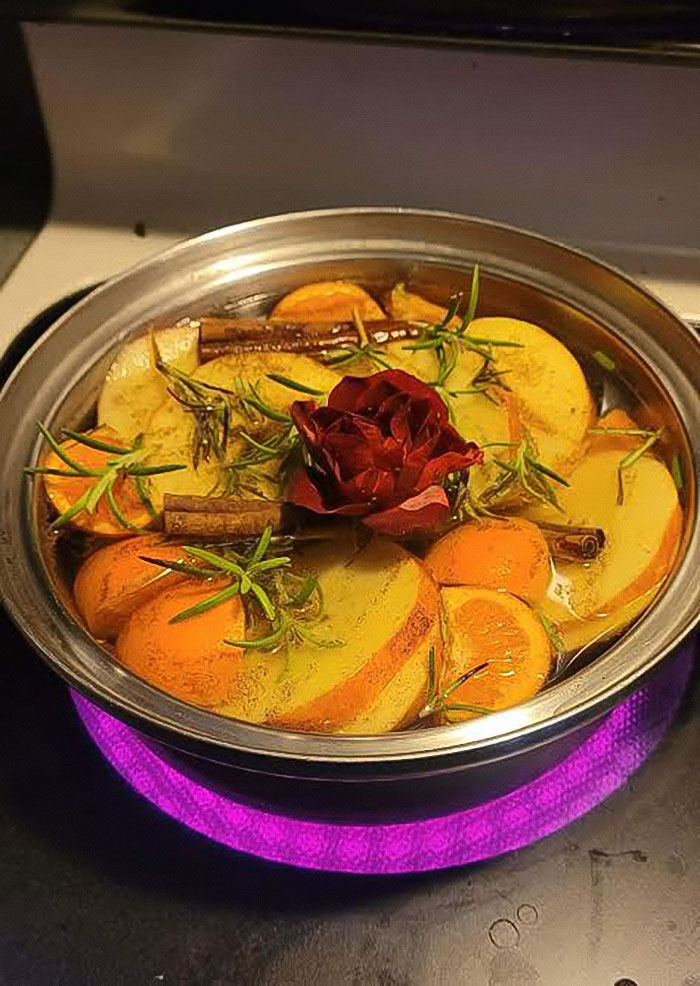
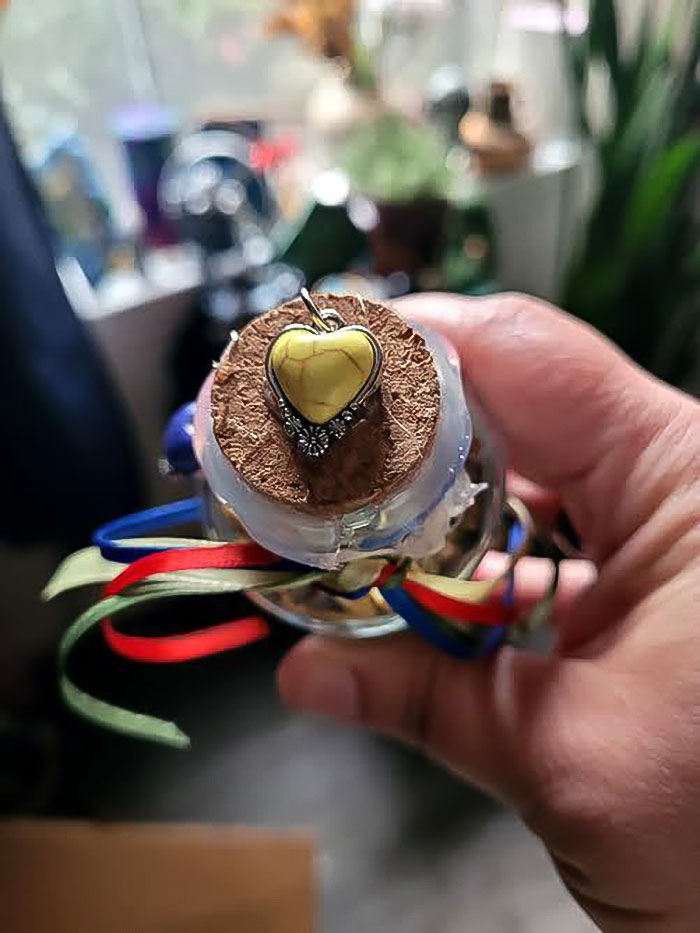
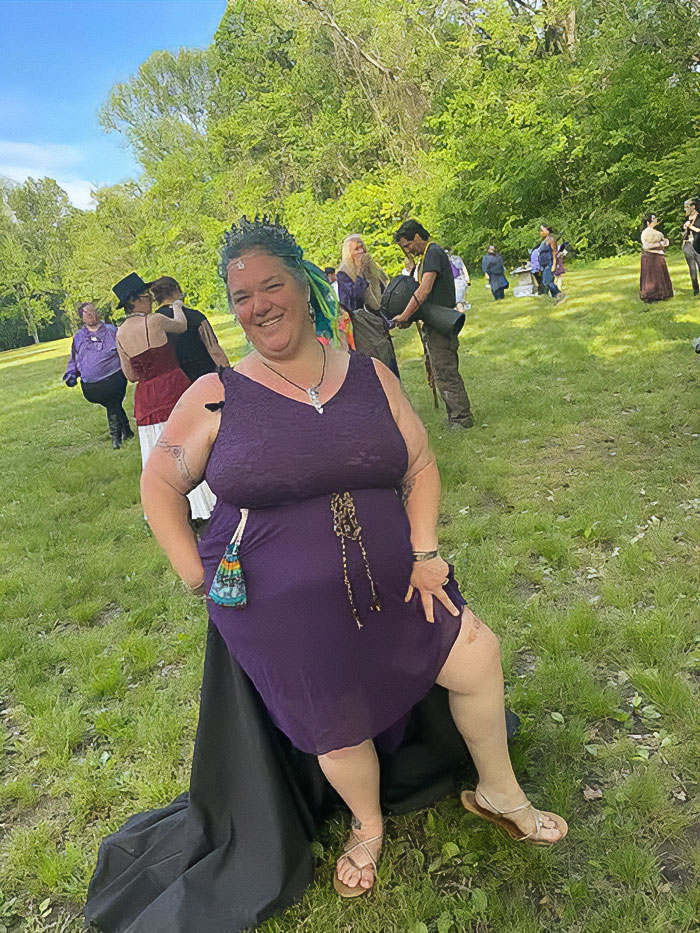
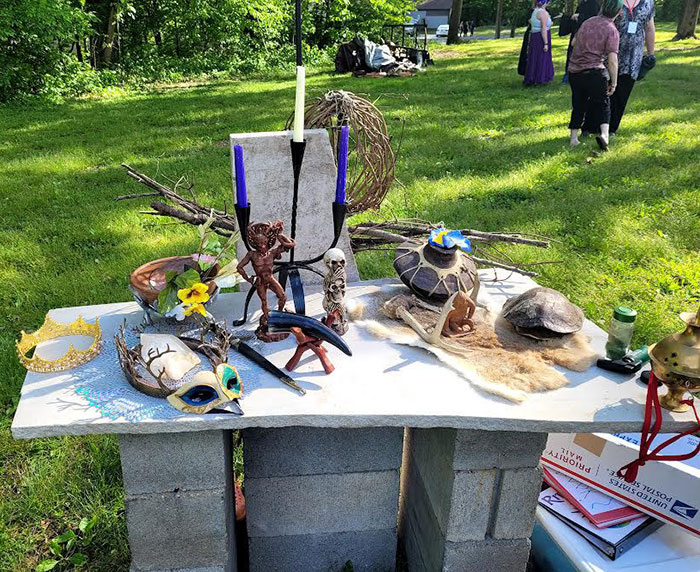
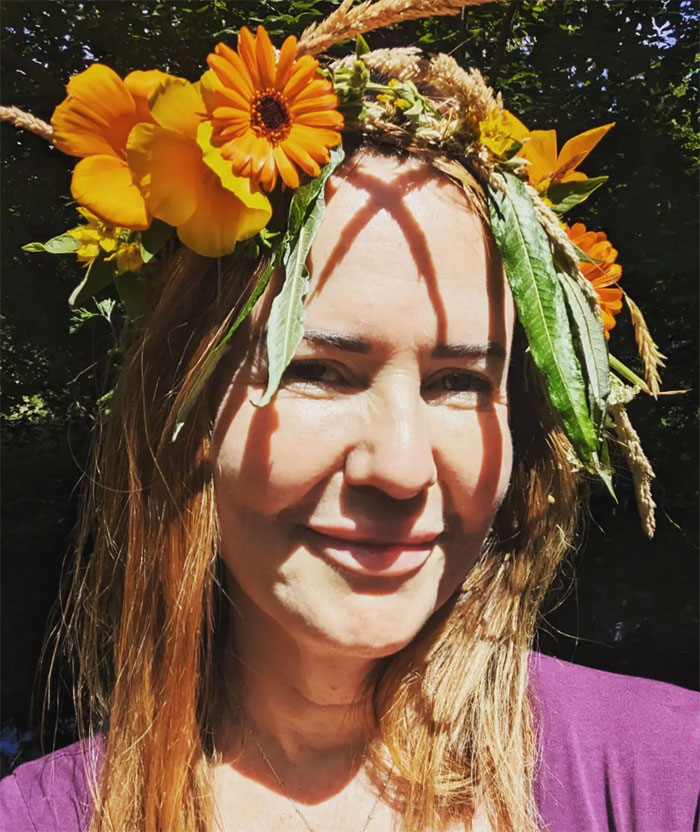
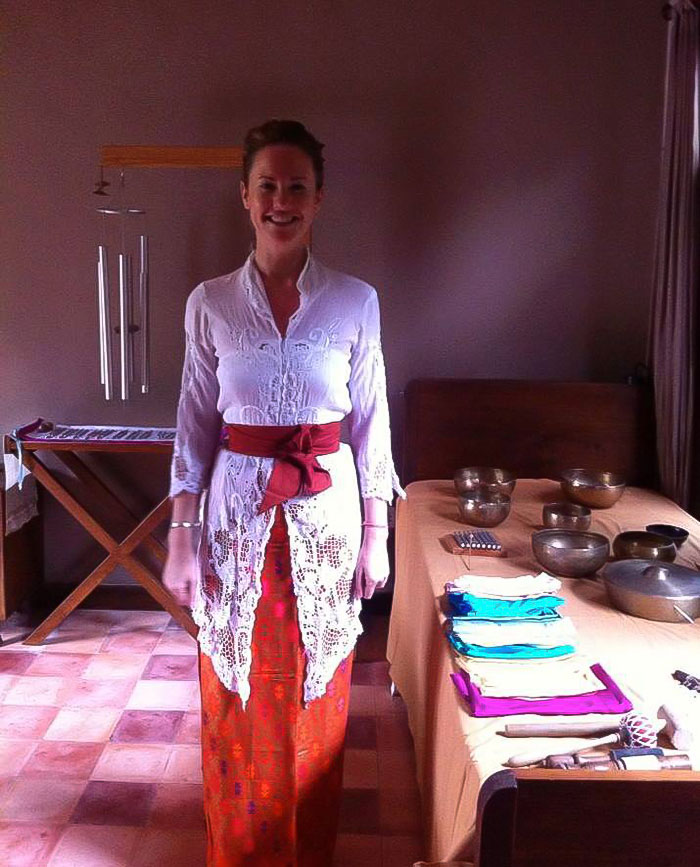
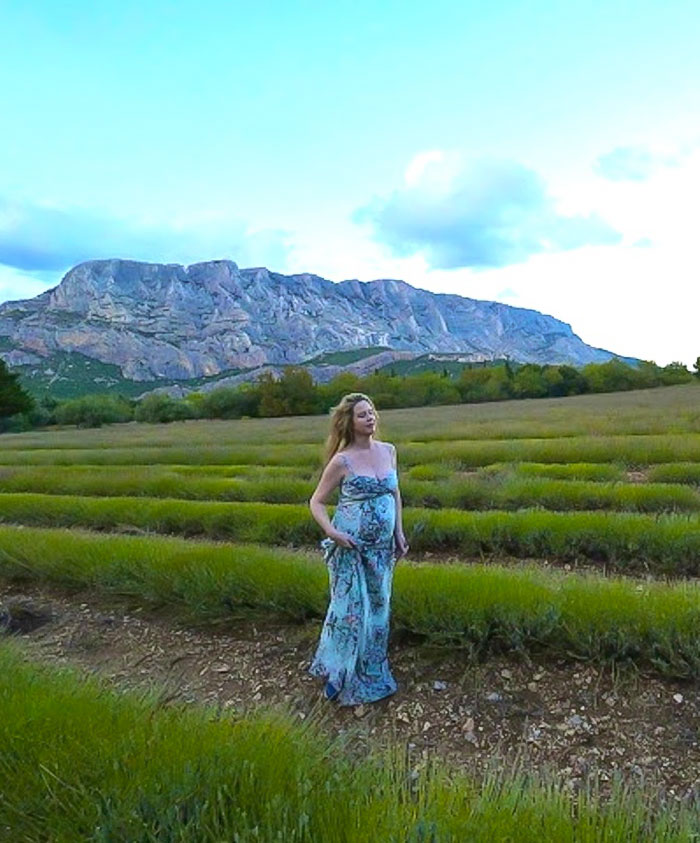
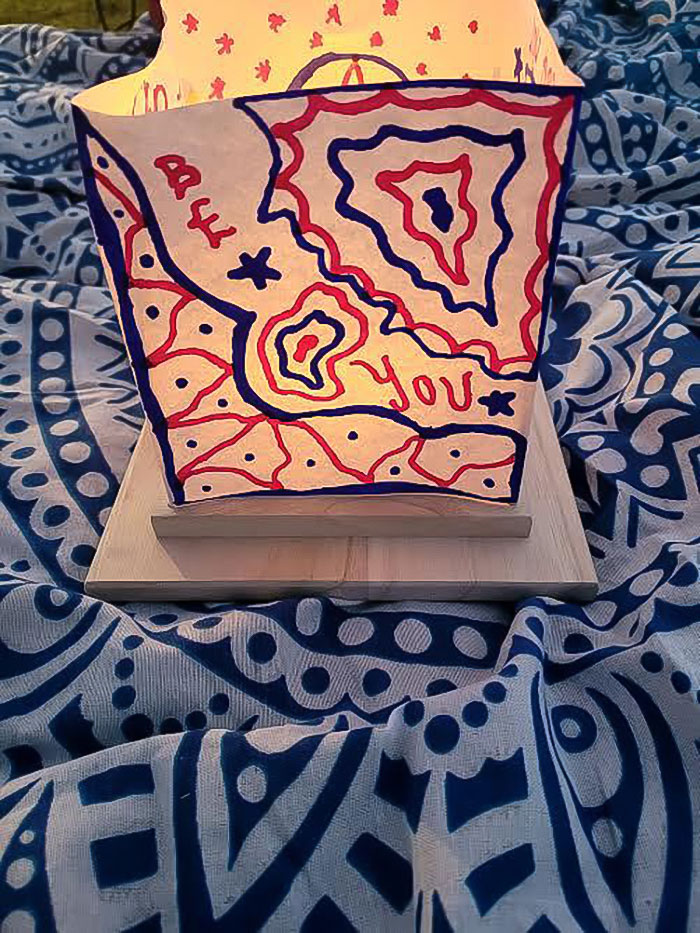
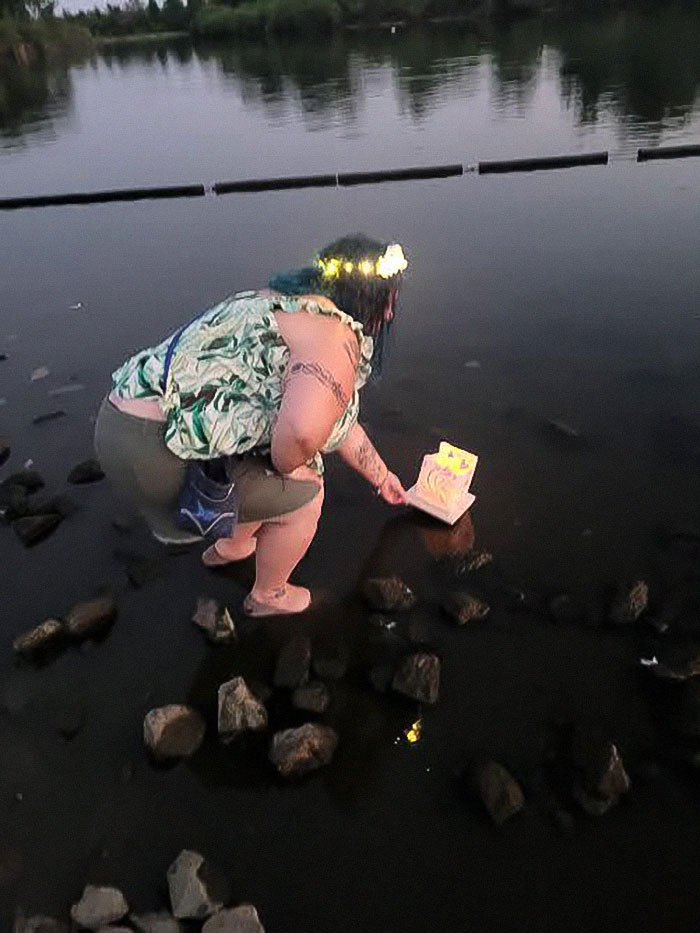
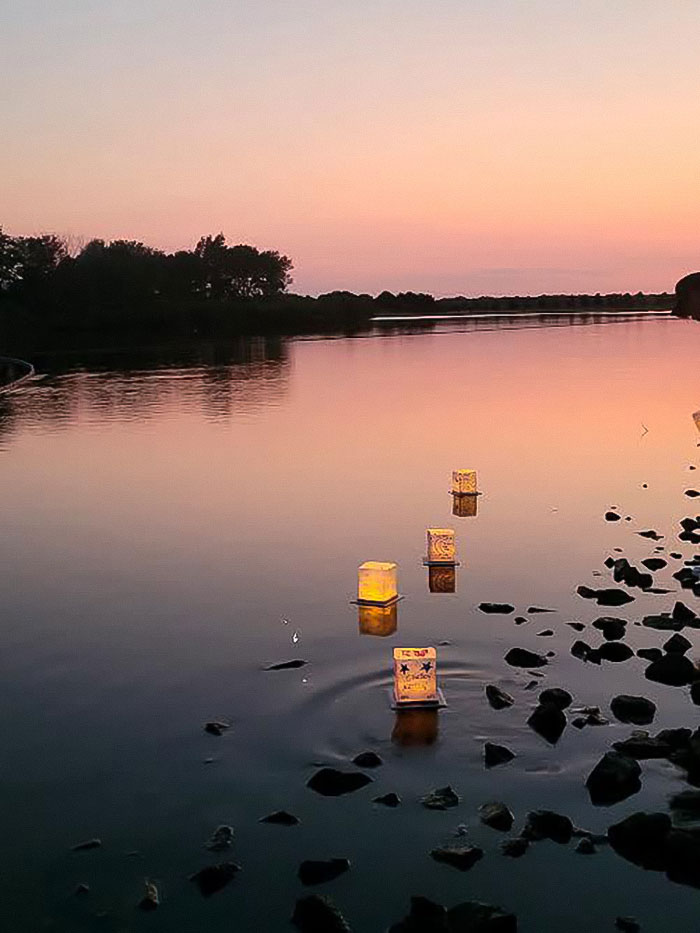
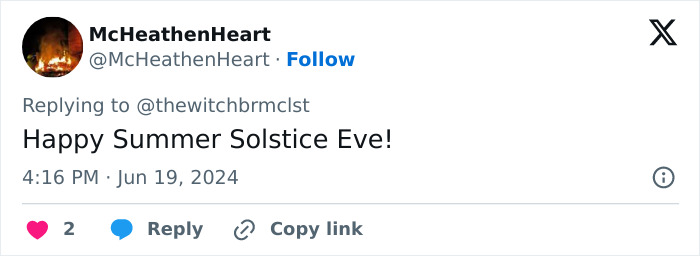
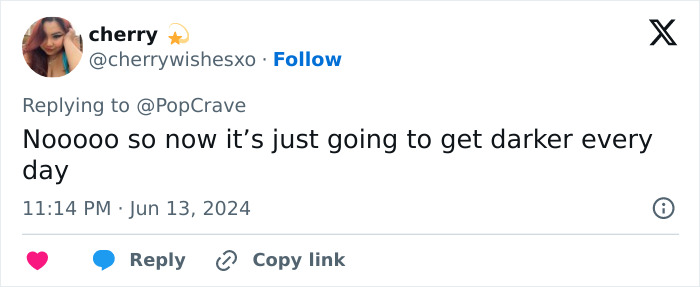
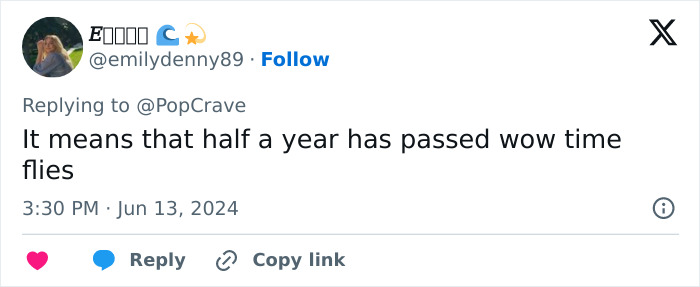
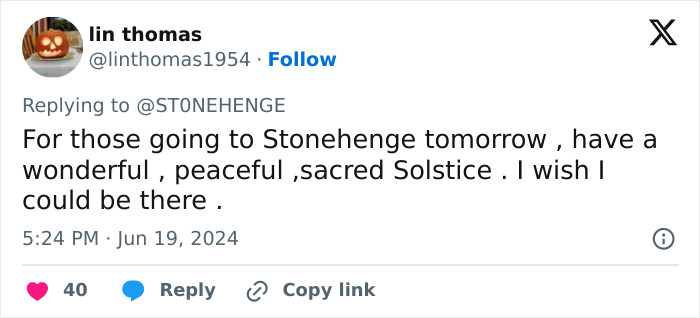
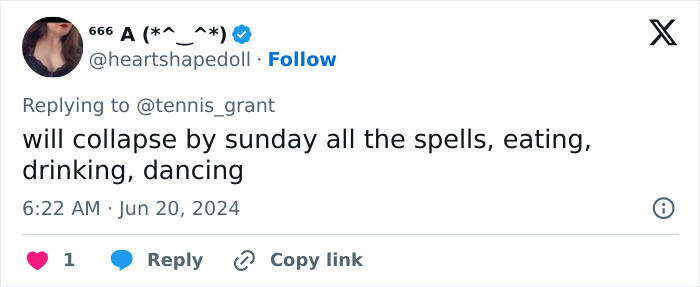










































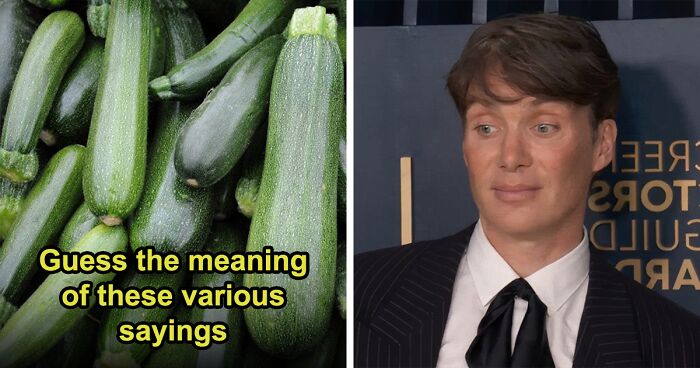

28
12